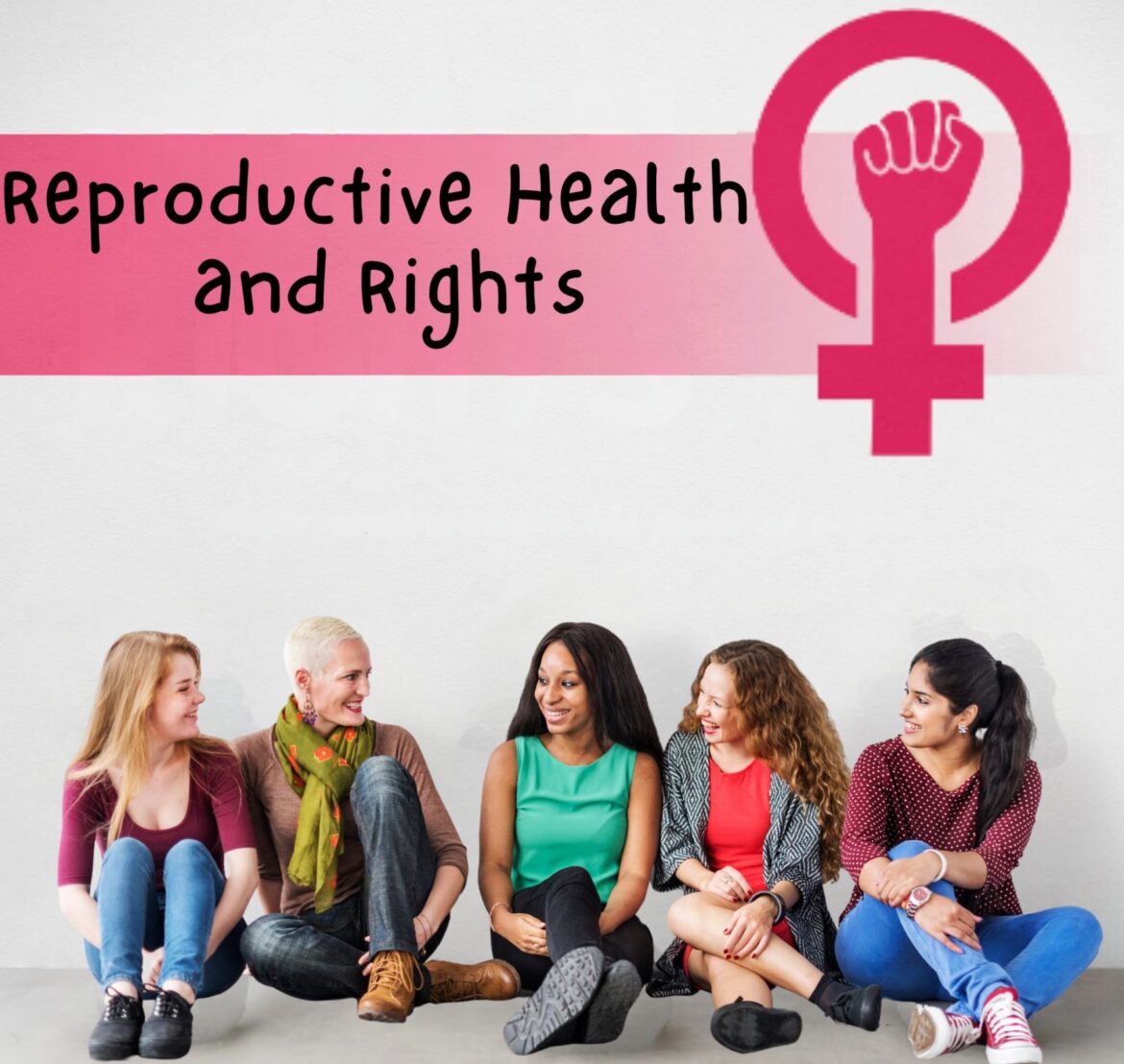Today, information is available. But the journey through women’s reproductive health and rights is complex. It is layered with nuances of all kinds of challenges. Empowering women is critical. This requires demystifying periods. It also means understanding fertility awareness. And advocating for women’s health in the modern age. It’s not just necessary. It’s key for informed choices in women’s health and well-being. We delve into women’s health. It is an intricate world. We find ourselves at the intersection of biology, society, and policy. Each has unique challenges and triumphs.
Freedom is impossible unless women are freed from all oppression. – Nelson Mandela.
This statement emphasizes the need to address the many issues. They are about women’s rights and equality. They are a cornerstone of real freedom and equality. They seek to understand menstrual health and navigate fertility options. They also seek to advocate for rights and access to women’s healthcare. Discussions about menstrual health have evolved. However, many women and girls still face menstrual cycle stigma during their periods. This stigma harms their education, health, and social standing. Fertility is broader. It includes a range of experiences. It goes from those trying to conceive to those exploring contraception access. Each group needs access to good information and healthcare.
Amid these personal journeys, the pivotal role of advocacy cannot be overstated. “I raise my voice—not so I can shout, but so that those without a voice can be heard. we cannot succeed when half of us is held back.” These words are by Malala Yousafzai. They remind us of the power of advocacy. It advances reproductive rights. Advocacy bridges the gap between knowledge and action. It pushes for policies that support health education policies. They also support access to birth control. They support the right to make informed choices about one’s reproductive health. With these efforts, we can start to break down the barriers to health and freedom for women worldwide.
“A woman is like a tea bag—you can’t tell how strong she is until you put her in hot water,” Eleanor Roosevelt said.
We face the challenges of reproductive health. Empowerment through knowledge comes from both knowledge and support. Eleanor Roosevelt’s words highlight women’s resilience. They show this when faced with challenges. This resilience is clear. Women around the world advocate for their rights. They seek out and share information on menstrual health and fertility. They support one another in their reproductive health journeys. The modern age offers new chances to spread knowledge and foster solidarity. Digital platforms for women’s health are arenas for sharing experiences, advice, and advocacy.
The path to empowering women has two parts. The first is understanding and advocating for reproductive health and rights. The second is continuous. It requires dismantling stigmas, spreading knowledge, and relentlessly pursuing equality in healthcare access. We support and teach one another and pave the way for a world. In this world, every woman knows. She also has the freedom and power to make informed health decisions. Empowerment in reproductive health is not just about wellness. It’s a key part of the fight for women’s rights and equality.
you can share your thoughts below.
